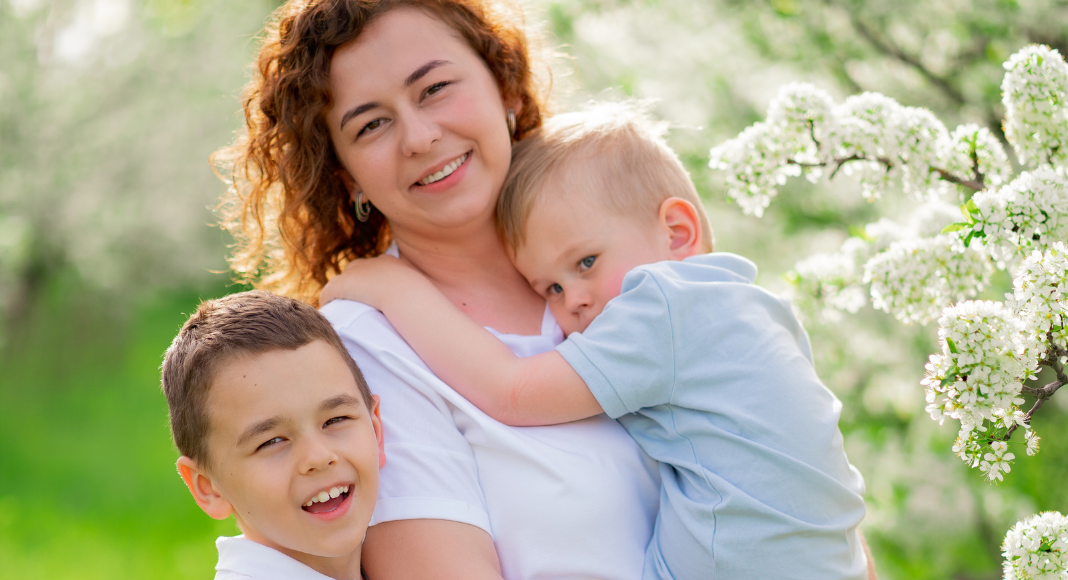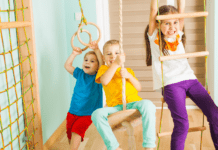 When did my youngest become a preteen? Weren’t they only six years old the other day? They are graduating from elementary school this year, and I could swear we were doing the kindergarten tour just last year.
When did my youngest become a preteen? Weren’t they only six years old the other day? They are graduating from elementary school this year, and I could swear we were doing the kindergarten tour just last year.
My baby is growing up too fast, and I’m not ready.
Will I ever be ready? “Mom, look! I’m almost as tall as you!” they excitedly exclaimed the other day to my total dismissal, “No, you are not.” I hold their once little hand, and it’s almost as big as mine. I wonder where did the time go? I refuse to believe they are not six anymore; OK, they are maybe nine at most but not eleven!
In 1927 psychologist Alfred Adler shared his observations about the role of birth order, personality traits, and interpersonal behavior. No clinical evidence supports this theory, but let’s entertain it.
There is a term called “Youngest Child Syndrome,” it’s not a medical or psychological term in any way; it refers to a variety of specific traits associated with this birth order, according to Adler.
Some of those traits are spoiled, easygoing, carefree, manipulative, attention-seeking, and charming,.
Undoubtedly, by default, the youngest child gets more attention and affection than their siblings. I can’t explain why this happens, but it does.
And while most studies focus on the effect of birth order on children, I want to talk about the impact on parents and why they behave the way they do towards the youngest child.
The youngest child is the little one among their siblings. They are the ones who are more vulnerable and subject to the older siblings’ pranks and mistreatment. So, as a parent, you step in to protect them. “He is your younger brother!” you shout at your oldest, who just pranked the youngest.
Or you exclaim, “You are the older one here,” as you remind your oldest who came to you complaining about your youngest being “annoying” and “taking away their stuff.” They can’t be annoying; they are adorable, they are still young, they are still learning, you tell yourself.
You tell your oldest that they have to share with their younger sibling, but at the same time, you excuse your youngest for not wanting to share. “They will learn in time,” you remind your oldest, who you count on for being the mature, understanding, and most accommodating one in the sibling dynamic.
Everyone is always watching out for the youngest child. You even ask your oldest to watch out for the youngest child for you. The older child suddenly becomes responsible and almost equally responsible towards the youngest child as you are.
You let the youngest child get away with anything, things you wouldn’t let the older one get away with. How could you resist those adorable wide baby eyes? And this feeling continues as they grow older. You will still have a softer side towards the youngest.
That doesn’t necessarily mean you love one more than the other. It simply means you can’t let the feeling of having a baby go.
While the youngest child may have social advantages, being creative and charming might also come in handy in the future.
Babying the youngest child will not give them the chance to grow or to be responsible for their actions, plus It’s not fair for anyone involved, including yourself. If you keep babying an adult, for example, when will you catch a break? After all, we raise our children to set them free into the world. An adult baby is not ready to face the world as well as his/her older siblings, who you let act like a second parent early on.
So, instead of falling into the Youngest Child Syndrome can’t do certain tasks or chores, give them age and developmentally-appropriate tasks so they are contributing to the home routine.




















